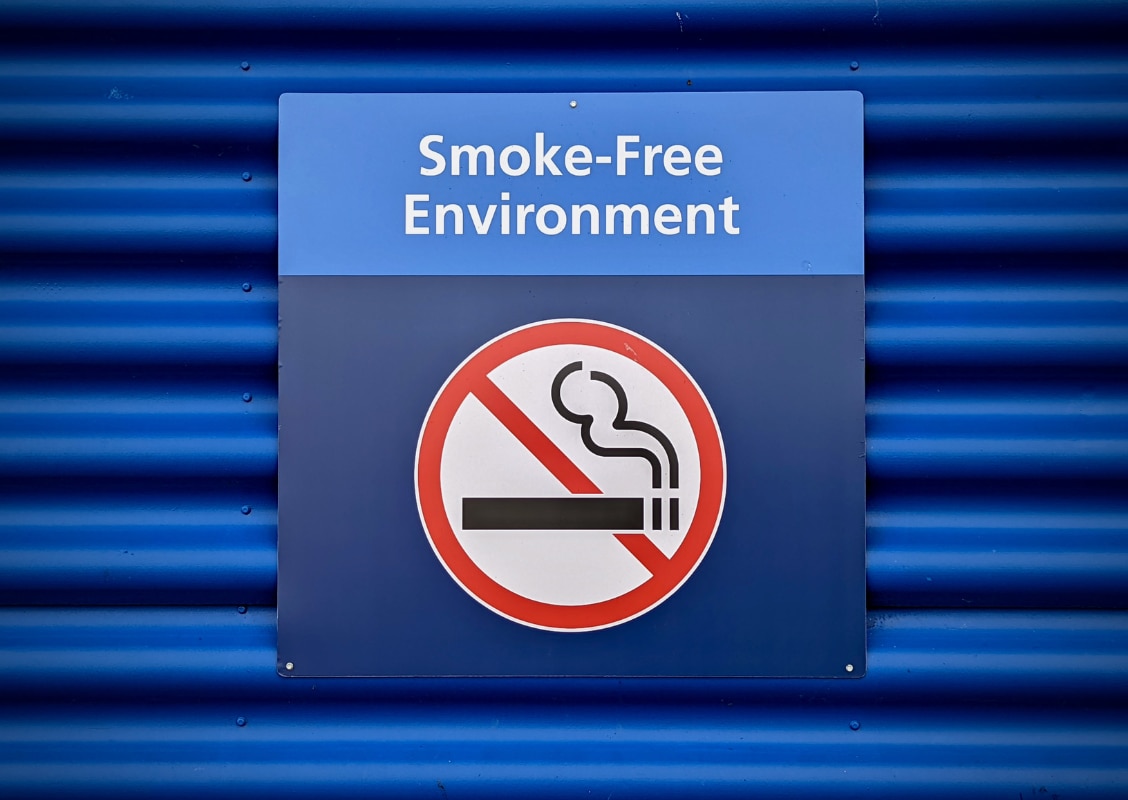Eat a healthy diet
A healthy lifestyle starts with keeping a healthy diet. At least eating five portions of vegetables and fruit daily is recommended for adults. A balanced diet is good for health and should include a variety of foods, including legumes, whole grains, legumes, vegetables and fruits. It is also better to eat fruits and vegetables in the season where possible. Eating healthy keeps you fit and prevent you from diseases like NCDs. NCD stand for noncommunicable diseases, and the four main NCDs are cardiovascular diseases, cancer, respiratory diseases and diabetes.

Consume less salt and sugar
Salt comprises two minerals: sodium and chloride, with a ratio of 4:6, respectively. While both play an important part in your body, excessive intake can have a range of effects on your body. A temporary rise in blood pressure, severe thirst and bloating can be its causes in the short term. In extreme cases, it may lead to hypernatremia, which can be fatal if not treated immediately. Heart disease, increased risk of stomach cancer, and premature death can result in the long term in some cases. Sugar in the form of glucose is an essential fuel source for your body. But, eating excessive amounts of sugar, more than twelve teaspoons or 50g a day for an adult, can lead to tooth decay and weight gain. For reference, just one can of soda contains just over 50g of sugar. So, just a can of soda can put you over the recommended daily limit for sugar. Unhealthy weight gain can lead to obesity, type 2 diabetes, high blood sugar, high blood pressure, high triglyceride, and heart disease. The main culprits of unhealthy added sugar are sugary snacks, sweetened drinks, and soft drinks. People consuming high-sugar diets with an added sugar intake of 17-21% of daily calorie consumption have a 38% higher risk of dying from heart disease than someone consuming 8% or less.

Reduce intake of harmful fats
Fat provides our bodies with a source of energy and essential fatty acids. There are good and bad types of fat. A higher intake of saturated fat is linked to LDL or bad cholesterol, so it should be limited to 10% or less of total daily calorie intake. Trans fat also increases LDL and, therefore, should be avoided altogether. Fish, avocado, nuts, olive oil and coconut oil, are good fat or HDL and should be taken instead of saturated and trans fats. Polyunsaturated fat comes from plant-based sources, so it is good for health. Diets high in fat can lead to weight gain, leading to many diseases related to being overweight.

Avoid alcohol
Drinking alcohol adversely affects your body, brain and emotional health. Its consumption can lead to health problems such as mental and behavioural disorders, including alcohol dependence, major NCDs such as liver cirrhosis, some cancers and heart diseases, and injuries resulting from violence and road clashes and collisions. Some other effects of alcohol intake on the body are as follows: lung infection, thinning bones, infertility, shifty eyes, blackouts, congenital disabilities, muscle cramps, shrinking frontal lobes, slurred speech, serious mouth problems, hallucinations, fatigue, diabetes and pain in the pancreas.

Don’t smoke
The danger of tobacco intake to your health, no matter how you smoke it, is well-known. All substances in tobacco products like acetone, tar, nicotine and carbon monoxide are unsafe. Inhalation of these doesn’t just affect your lungs. They can affect your whole body. Smoking can lead to long-term effects on your body systems and various ongoing complications. While the impact of some problems will appear over several years, some of the bodily effects are immediate. Cigarettes contain around 600 ingredients and generate 7000 chemicals when they burn. Many of these are poisonous and linked to cancer. In the USA alone, the mortality rate for smokers is three times that of non-smokers. Quitting smoking can reverse the harmful effects but can be challenging as smoking is very addictive. This is because it has mood-altering ingredients like nicotine which affect the central nervous system. It is extremely habit-forming, and its withdrawal may lead to depression, anxiety and headaches.

Check your blood pressure regularly.
Blood pressure is also called hypertension because it makes the heart work harder than usual to pump blood out to the body and contributes to the hardening of the arteries, which can lead to stroke, kidney disease, and heart failure. Some of the following play a crucial role in increasing blood pressure: stress, genetics, old age, family history, smoking, alcohol intake, too much salt in the diet, sleep apnea, being overweight or obesity, suffering from chronic kidney disease, thyroid disorders, insufficient intake of potassium, calcium and magnesium, and lack of physical activity. It is wise to check your blood pressure regularly and seek medical attention if it is outside the normal range. Left untreated, it can lead to diseases affecting the kidney, brain, and heart, as mentioned above.A healthy lifestyle is all about staying active, eating healthy and avoiding all unnecessary things that can lead to health deterioration.
Be Active
It is very important to stay active in order to live a healthy lifestyle. Staying active doesn’t necessarily mean playing hours and hours of sports every day but rather engaging in bodily activities. An example of staying active is walking to work rather than travelling by car or taking the stairs rather than using the lift. Keep in mind that staying active is a cure for many illnesses, so you must ensure that you consistently engage in bodily activities, exercises and sports. Doctors recommend at least half an hour a day for exercise as it is much better for the health.